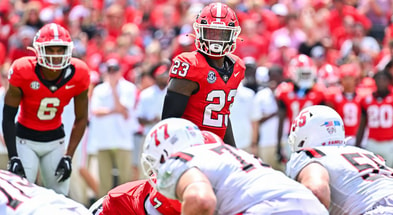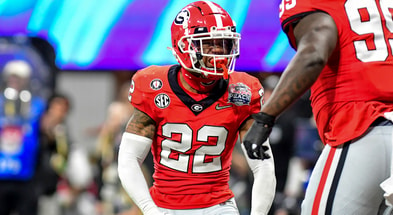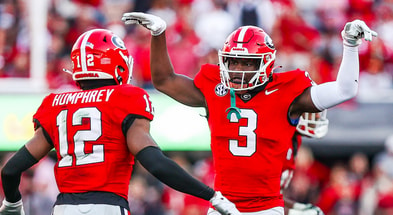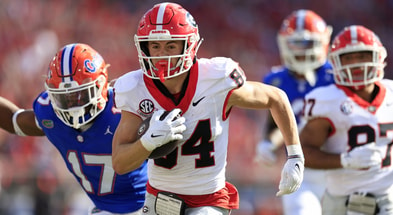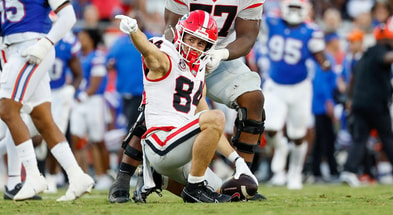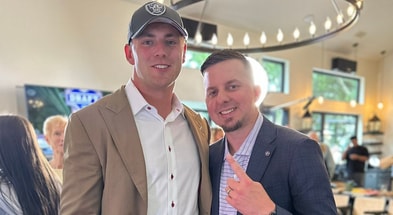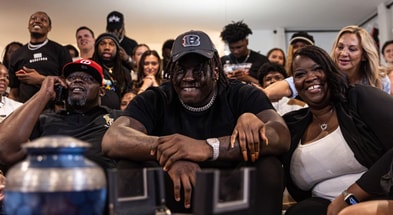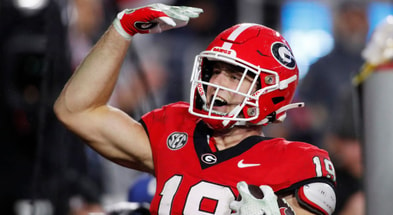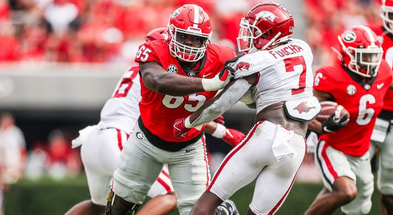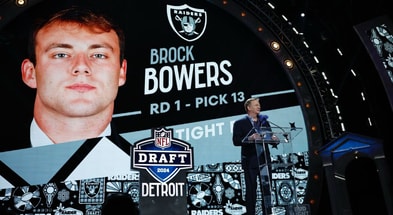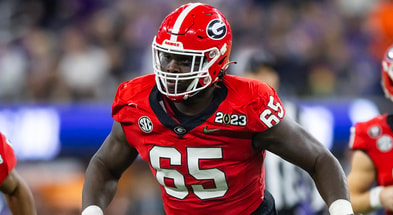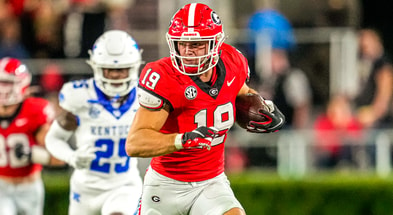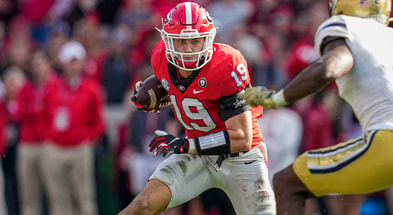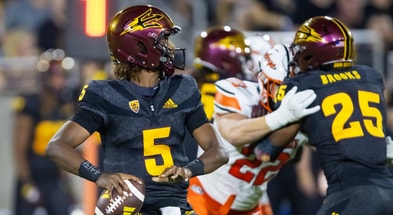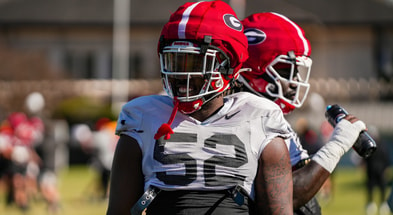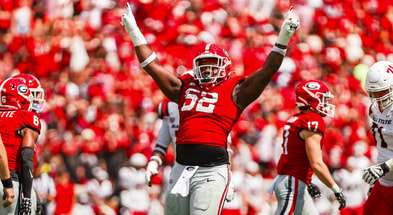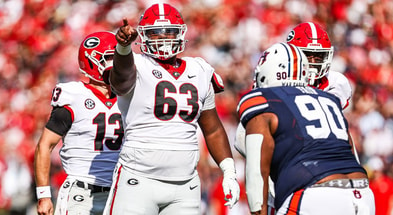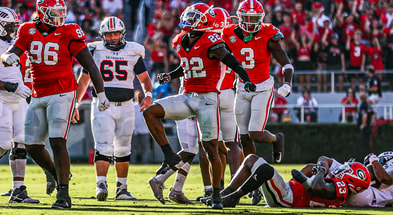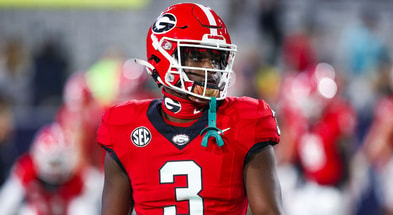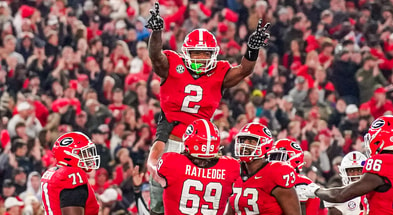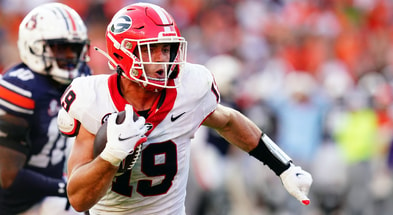Kirby Smart offers nuanced criticism of College Football's NIL structure
ATHENS, Ga.— The talk of the 2024 offseason has centered around the future of College Football as it relates to Name, Image, and Likeness, a potential pay-for-play format, and student-athletes maybe becoming employees in the near future. With that came this prevalent thought that college coaches, if things stay as they are for much longer, making moves to the NFL because the current system is just to volatile and hectic. Kirby Smart has his issues with how things are being done right now but the Georgia head man isn’t complaining.
After expressing optimism in the sport’s leadership and its future, Smart pointed to his biggest problem with how College Football is operating during the NIL era. He doesn’t have a problem with players making money or how much they are making. He just feels that it’s upside down a bit.
“There’s no crying out there from my end. I want what’s best for the student-athlete and sometimes I question the system we have now, if it’s best for the student-athlete. Because it’s not necessarily best for the sophomore, junior, and senior. It may be best for the freshman, but it may not be best for the sophomore, junior, senior. I would love to see a little more fair system for the players in terms of within the players.”
If you don’t follow the sport closely enough to know what Smart means, it starts with the ability to use NIL as an inducement. That’s something that is outlawed by the NCAA but it’s hands are tied right now. In response to Tennessee getting an notice of allegations from the NCAA for using NIL as a recruiting inducement, attorney generals in that state and Virginia recently sought an injuction against the NCAA on antitrust grounds.
The argument made to a federal judge was that preventing inducements violated antitrust laws in that it inhibited a student-athlete’s ability to make money. That injuction was granted and the NCAA promptly paused any investigations into programs for the use of NIL as an inducement and essentially said that, for the time being, it’s allowed.
Smart wants a system where players who have performed and been impactful on the college gridiron, not the ones a school is trying to land out of high school, get the greatest benefit. It’s a reasonable take but it could be tough for some to get their arms around considering there was a time in this sport where high school prospects were paid under the table to attend a specific school. That way didn’t seem to benefit the accomplished player at all.
As for the current state and morale of the college coaching profession, Smart either doesn’t see a big problem or isn’t ready to address it just yet.
“I don’t have a lot of coaches complaining, saying they want to get out of the profession,” Smart said. “They enjoy the profession. They want the profession to be about relationships, developing talent, and rewarding positive performance both on and off the field and that comes in your body of work from being there. Not necessarily where it’s a reverse system of the younger players sometimes get more than the older players.”

